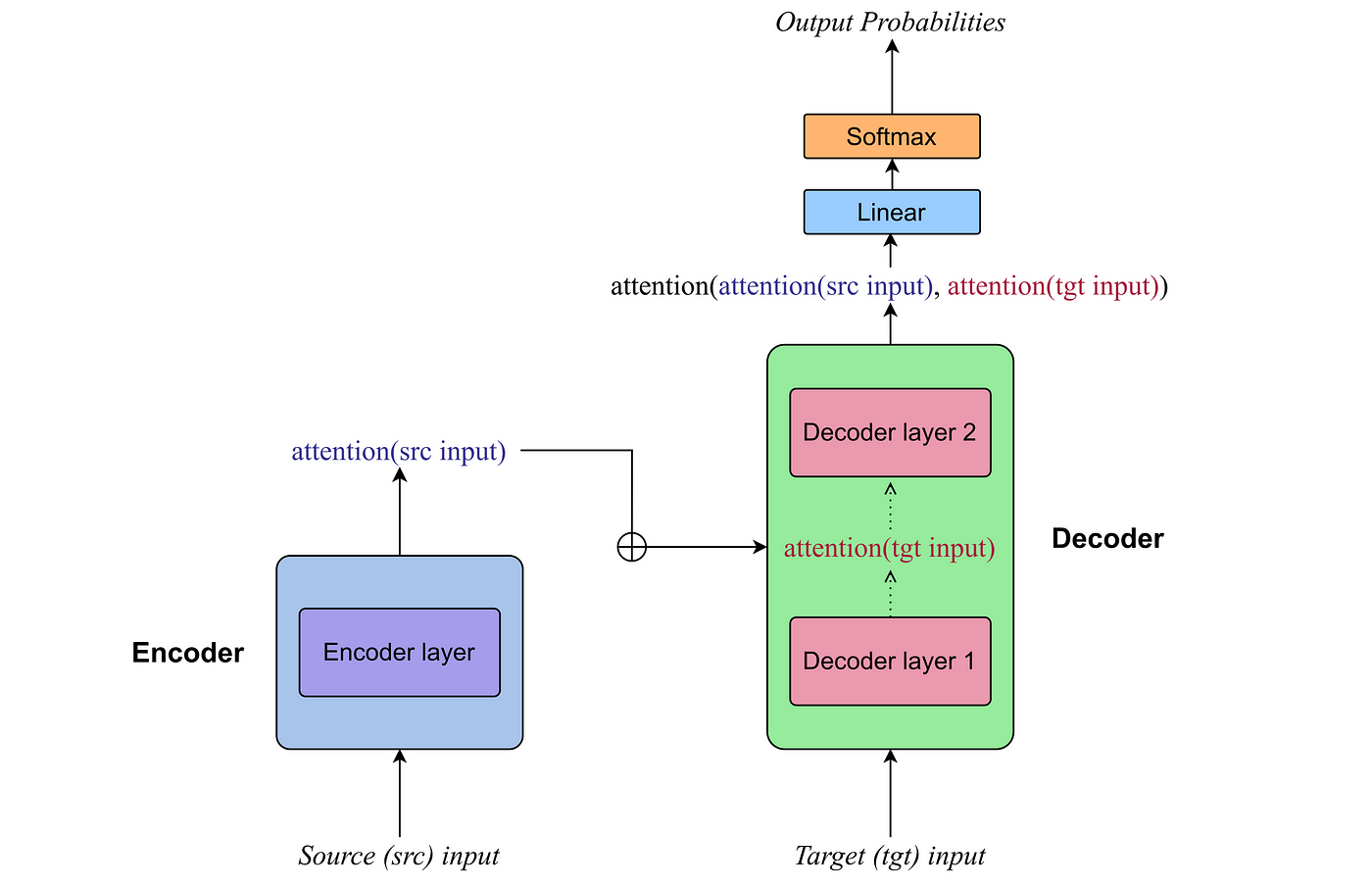Ultimate LLM Optimization Guide
Updated July 09, 2024
Published July 08, 2024


Table of contents
SEO has been the go-to for website optimization for years. But with the rise of AI, it's time to start optimizing your content for LLMs too. Here's how.
The first thing you need to know is that LLMs are different from traditional search engines. They don't just look at keywords and links; they also analyze the context and meaning of your content. This means you need to optimize your content in a different way to rank well in LLMs.
What are LLMs, and why should you optimize for them?

Image credit: towardsdatascience.com
LLMs, or Large Language Models, are AI models that can generate human-like text. This is the technology that powers OpenAI's ChatGPT, Google's new AI Overview, and Apple's upcoming Siri upgrade.
LLMs are very new. They've only been around for a few years, but they're already disrupting the way people interact with the internet. Increasingly people are relying on LLMs for answers over traditional search engines.
Similarly, Google, Bing, and Perplexity are all working on bringing LLMs directly to the SERP, creating a system known as a Generative Engine. In it's simplest form, an LLM will read snippets of content from the results page and attempt to answer the user's query directly.
This means that if you want to rank well in the future, you need to start optimizing your content for LLMs now.
This article focuses on two types of optimization: for Generative Engines and for LLMs directly. This distinction is made because influencing the training data for LLMs is a difficult (but not impossible) process. You will have more success optimizing for Generative Engines in the short term.
How to Optimize Your Content for Generative Engines
With generative engines comes new ways to optimize your content. This process is known as LLM Optimization (or AIO, or GEO, the industry is very new!), and it's the successor to SEO.
First, I'll establish some authority. Most of this article is based on a research paper from December 2023 titled “GEO: Generative Engine Optimization” which I recommend you read. We've independently replicated the findings on a small scale and found them to be accurate.
The paper aims to investigate the best methods for optimizing web content for visibility in Generative Engines using two different methods: Position-Adjusted Word Count and Subjective Impression.
Based on the results of the experiment, the best way to optimize your content for Generative Engines is to add citations, statistics, and authoritative language to your content.
Identical content was modified in multiple ways and fed to a Generative Engine. The content with the highest change in Position-Adjusted Word Count and Subjective Impression was deemed the most optimized.
On average, adding citations and authoritative language to content improved its performance by 28%, and adding quotations improved its performance by 41%.
If you want to optimize your content automatically, you can use a tool like LLM Optimize, which uses the same methods as shown effective by the research paper to optimize your content for Generative Engines.
How to Optimize for LLMs directly
Optimizing for LLMs directly is a more difficult process. LLMs are trained on vast amounts of data and are typically not updated after training. If your website is too new or too niche, it may not be included in the training data for LLMs and theres not much you can do about it.
However, to maximize your chances of being 'seen' by an LLM, there is a process you can follow:
- Get an LLM Optimize Site Audit: At LLM Optimize, we offer a site audit that checks your website for common issues that could prevent LLMs from indexing your content (as well as a lot of more complex stuff, too). Read more here.
- Get your website out there: The more your website is linked to, the more likely it is to be included in the training data for LLMs. Posting on Reddit, Quora, and other forums can help.
- Publish plenty of content: AI Labs are constantly crawling the web for new content, so the more you publish, the more likely you are to be included in the training data for new LLMs. (This is an extra good idea since you also get a boost from SEO and Generative Engine Optimization).
Other than that, there's not much you can do to optimize for LLMs directly other than wait and see. The technology is still very new, and there's a lot we don't know about how it works (in the context of content optimization).
Conclusion
LLMs are the future of content optimization. They're already changing the way people interact with the internet, and they're only going to become more important in the future. If you want to stay ahead of the curve, you need to start optimizing your content for LLMs now.
That's why we created LLM Optimize. We're here to help you optimize your content for LLMs and Generative Engines so you can rank well in the future. If you're interested in learning more, you can get a site audit from us or contact our founder directly if you have any questions.